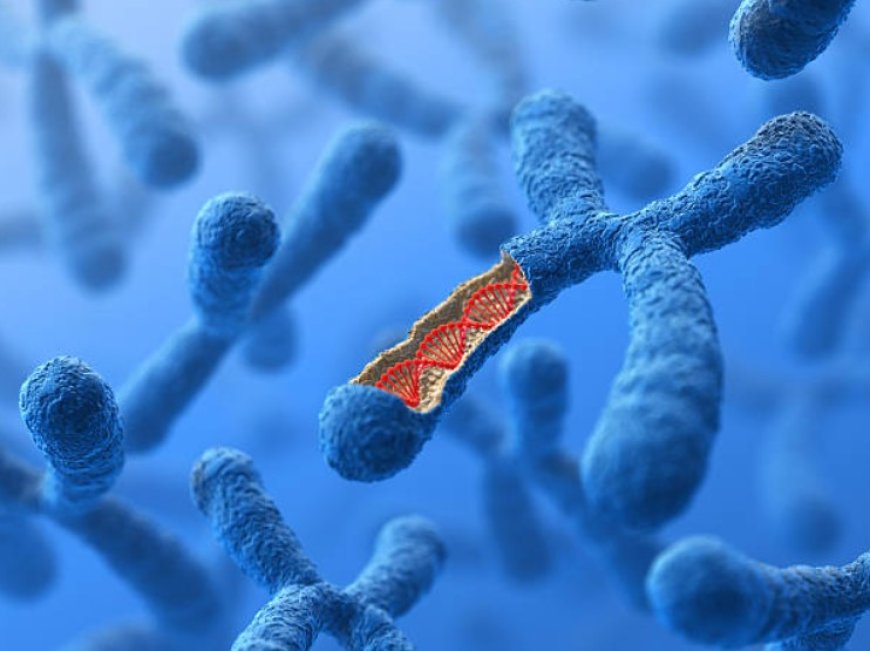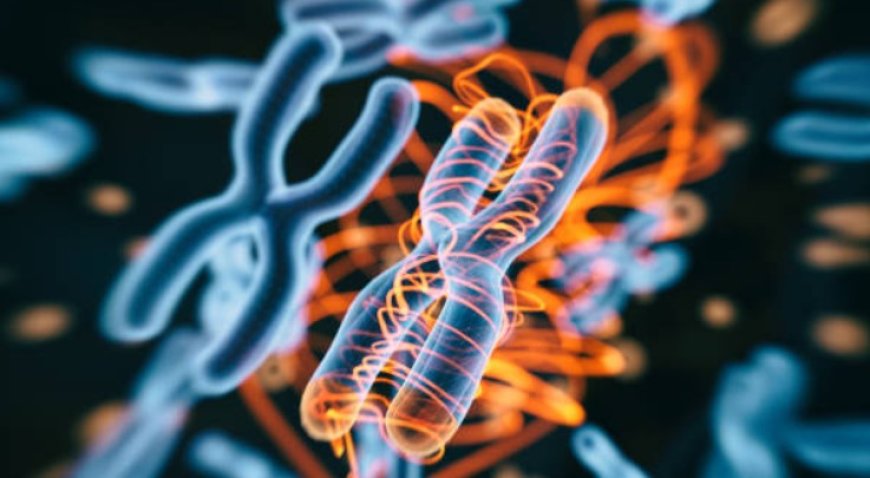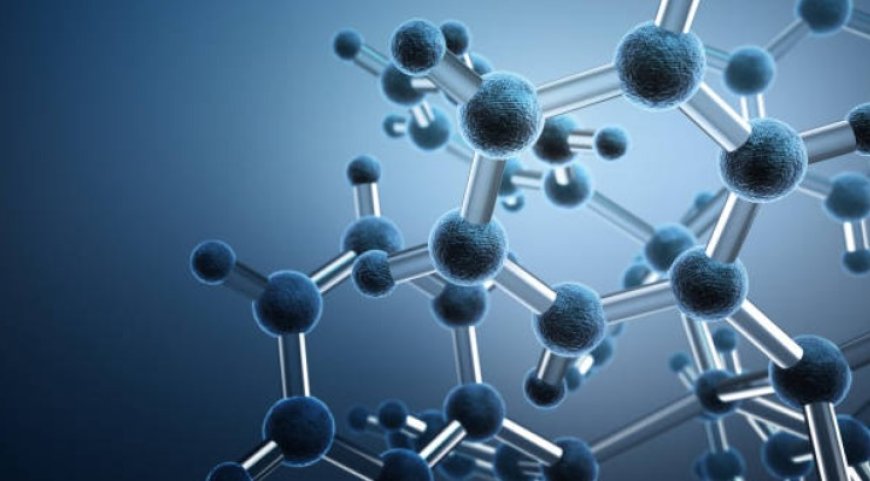Chromosomes: The building blocks of life
A comprehensive overview of chromosomes, including their structure, function, and role in human health
Chromosomes: The fundamental units of living
DNA is the genetic substance that makes up our chromosomes, which are structures that resemble threads and hold our physical attributes. There are 23 pairs of chromosomes in humans, making 46 chromosomes in total. There are hundreds or perhaps thousands of genes on each chromosome.
The building blocks of heredity are genes. They hold instructions on how to grow and develop our cells. Our distinct physical traits, including our height, hair color, and eye color, are also inherited.
It takes chromosomes to sustain life. Our cells could not make the proteins necessary for appropriate operation if they lacked chromosomes.
Various chromosomal types
Autosomes and sex chromosomes are the two different kinds of chromosomes. The 22 pairs of chromosomes that are identical in males and females are called autosomes. The 23rd pair of chromosomes, known as the sex chromosomes, determines a person's sex.
Males have one X and one Y chromosome, while females have two X chromosomes. Compared to the X chromosome, the Y chromosome is substantially smaller and has fewer genes.
Deficits of chromosomes
When there is an imbalance in the amount of chromosome material, it might lead to chromosome diseases. Among the prevalent chromosomal abnormalities are:
* Down syndrome: An extra copy of chromosome 21 is the cause of Down syndrome.
* Trisomy 18: A second copy of chromosome 18 results in trisomy 18.
* Turner syndrome: In females, a missing or partially absent X chromosome is the cause of Turner syndrome.
* Klinefelter syndrome: In males, an extra X chromosome causes Klinefelter syndrome.
Numerous health issues, such as mental retardation, physical disability, and birth deformities, can be brought on by chromosome diseases.
Research on chromosomes
Researchers never stop discovering new things about chromosomes and how they affect human health. Research on chromosomes is providing new understandings into the origins and therapies of hereditary illnesses.
For instance, researchers have created novel genetic tests that identify chromosome abnormalities in fetuses. Parents can use this knowledge to make well-informed decisions regarding their pregnancy.
Additionally, researchers are trying to create novel gene treatments that might fix chromosomal abnormalities. Utilizing genes to treat or prevent disease is known as gene therapy.
Final Thoughts
It takes chromosomes to sustain life. They hold the genetic material responsible for determining our traits and physical attributes. Numerous health issues can arise from chromosome defects, but scientists are always learning more about chromosomes and how they affect human health. Research on chromosomes is providing new understandings into the origins and therapies of hereditary illnesses.















































































































































































































